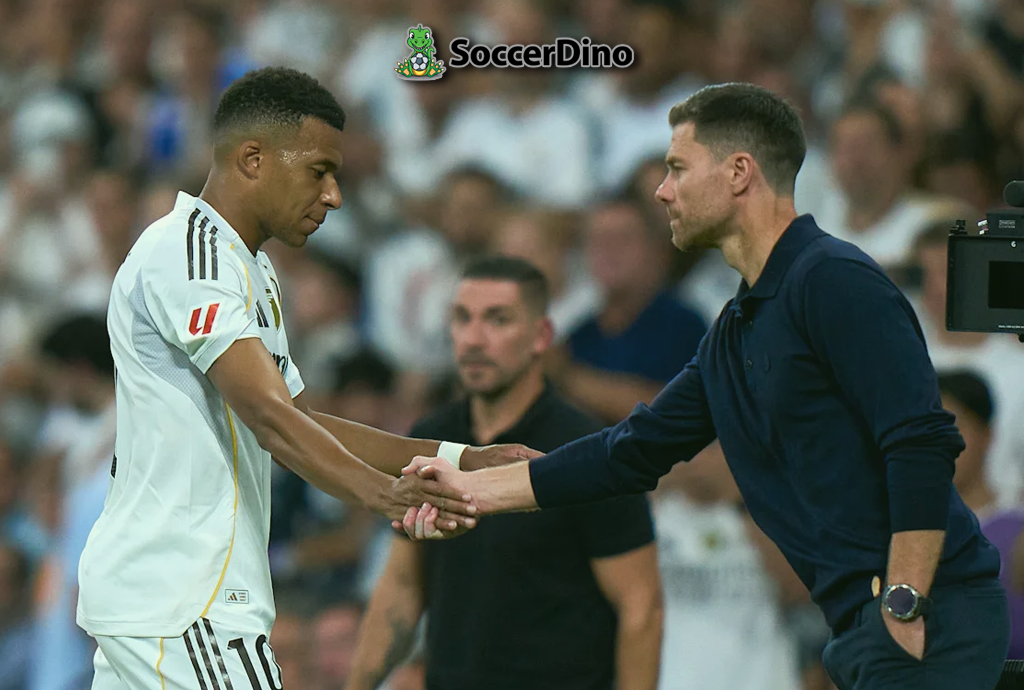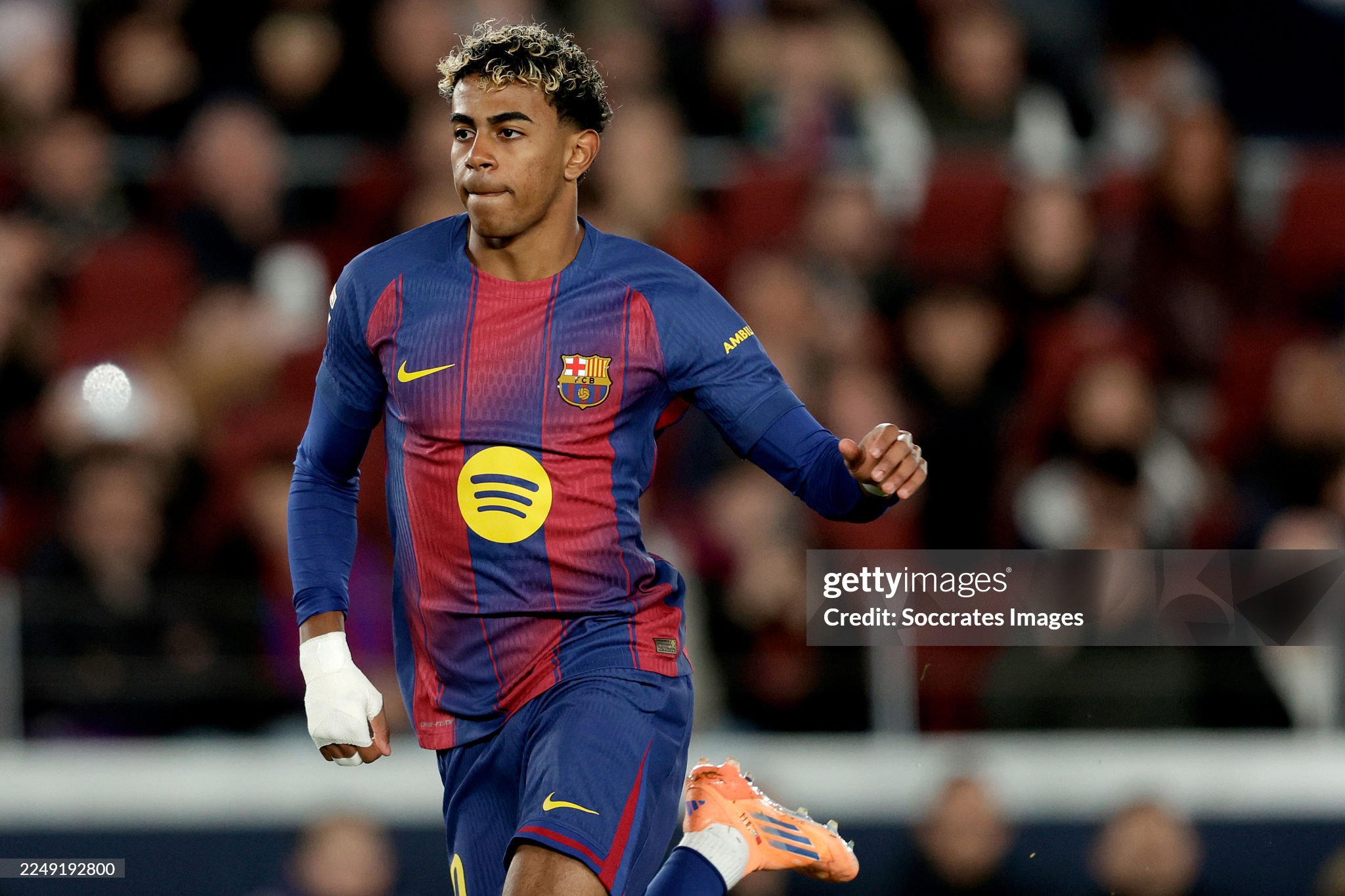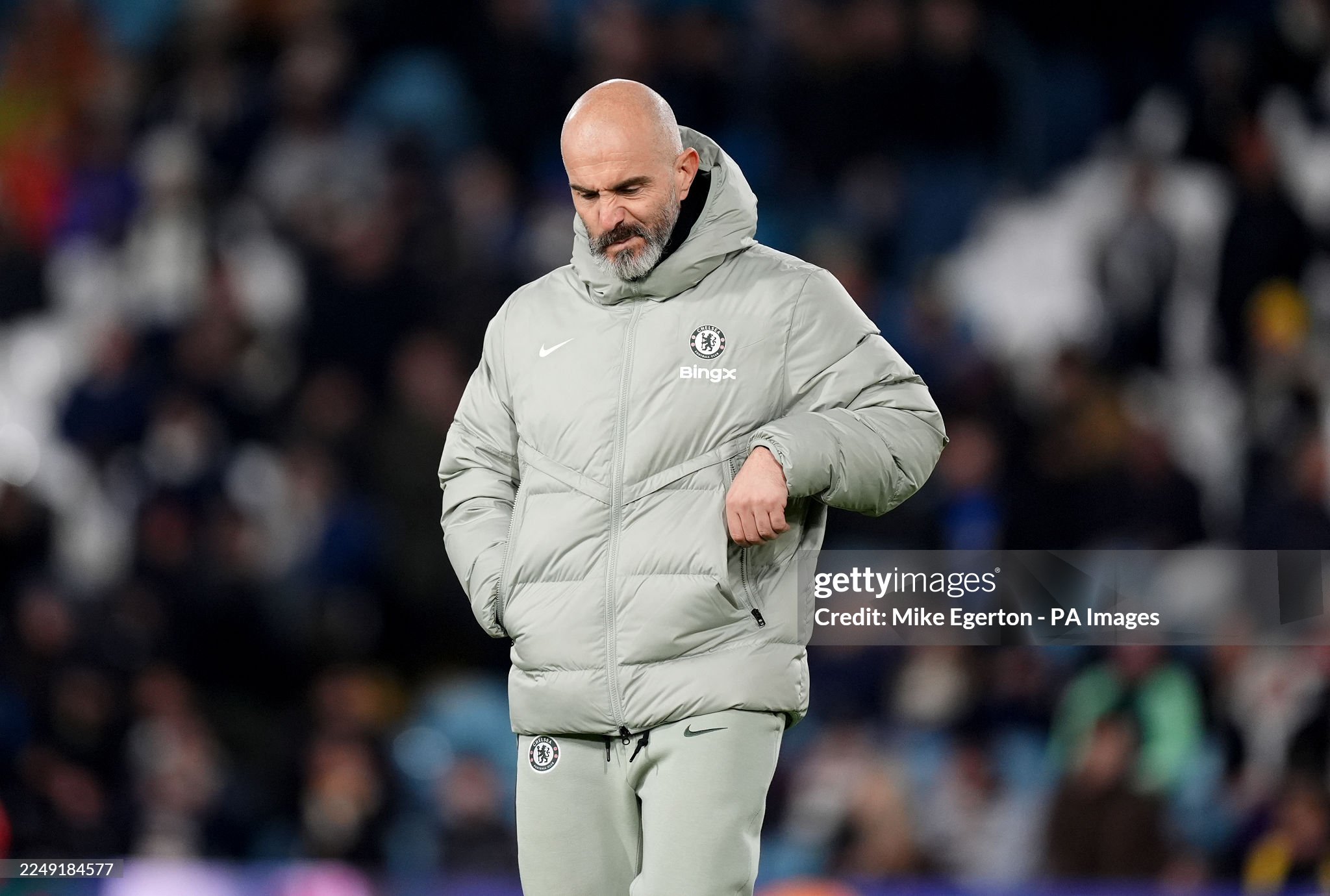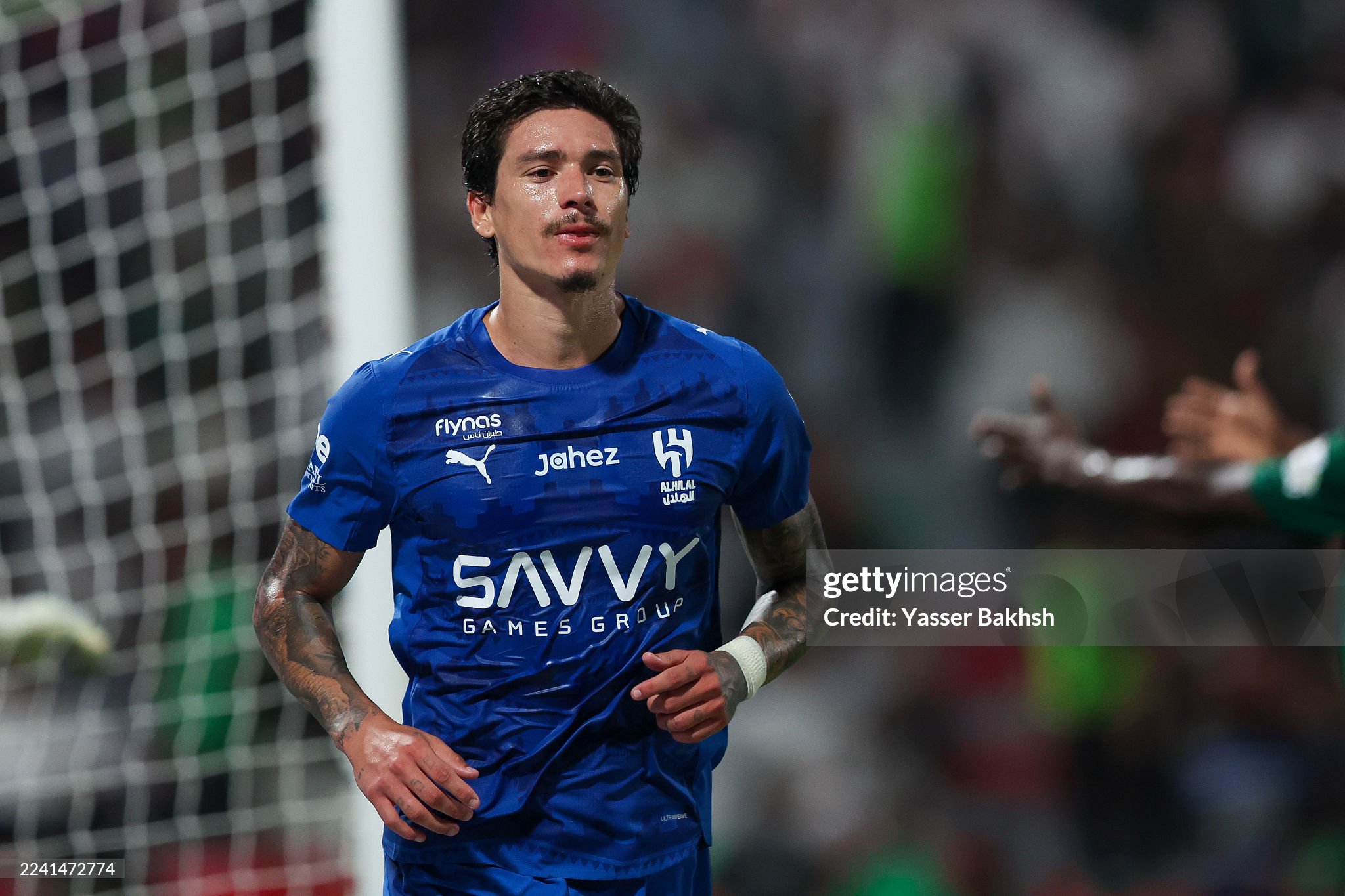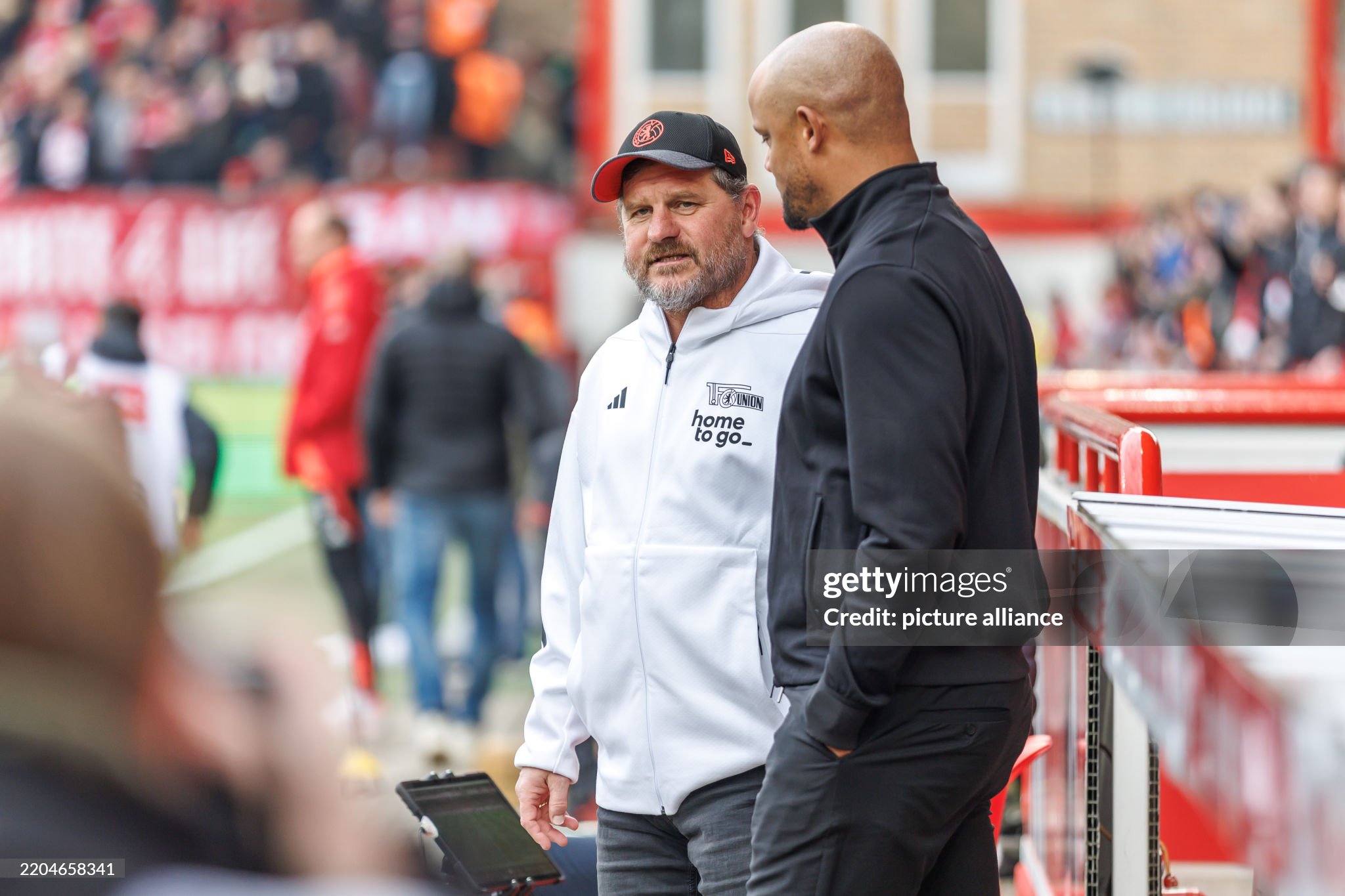Fresh from winning the 2025 Ballon d’Or, Ousmane Dembélé has asked PSG for a significant pay rise despite a contract running to 2028.

Ousmane Dembélé’s Ballon d’Or triumph has inevitably reset the conversation about his place, price, and long term future at Paris Saint Germain.
Fresh off being crowned the best footballer in the world for 2025, the France international has asked the club for a significant salary increase. He is under contract until 2028, which gives PSG leverage in any negotiation, but also gives the player time to press his case at the table. The request, reported by RMC Sport, is framed as an adjustment that reflects his new status and market value, not a sudden change of heart about Paris or a desire to force an exit.
Inside PSG, the debate will be less about Dembélé’s talent and more about policy. The European champions and four time consecutive French champions have spent the past two seasons building a wage structure that they believe is essential to long term stability. That structure limits exceptional deals and ties higher fixed salaries to clearly defined performance triggers. In August, long before the Ballon d’Or ceremony, sporting director Luís Campos had already set the public tone. The policy applies to everyone. The collective comes first. Merit is rewarded, but stardom does not guarantee preferential contracts. Those lines were not rhetorical flourishes. They were a signal to the squad, the agents who orbit it, and the market.
From PSG’s point of view, the logic is straightforward. Financial discipline supports squad harmony and competitive consistency. When top earners are significantly out of line with peers, it can distort expectations in the dressing room and complicate future renewals. The recent departure of Gianluigi Donnarumma to Manchester City, despite his pivotal role in the club’s first Champions League title and a domestic treble, was the clearest proof that Paris will walk away rather than break its framework. If that precedent stands, Dembélé’s case will be judged by the very same criteria, even if his season has been the stuff of individual awards.
For Dembélé and his camp, the argument is just as clear. Individual accolades shift both perception and commercial value. Ballon d’Or winners typically see renegotiations that bring them closer to the top end of the European pay scale, whether through permanent base salary upgrades, improved image rights splits, or ballooned performance bonuses. In practical terms, Dembélé’s side could push for a hybrid solution. One option is a salary band lift combined with an expanded bonus ladder that pays out for team milestones such as knockout progress in Europe, a Ligue 1 title defense, or defined goal and assist thresholds. That kind of structure allows PSG to preserve its policy language while acknowledging that the club now employs the world’s most decorated player.
There are also timing considerations. With three years left on the deal after this season, PSG could seek to extend the contract to 2029 or 2030 in exchange for a moderate rise now and escalators later. Spreading any uplift over a longer term softens annual impact and gives the club optionality. For the player, a longer horizon provides security while keeping the door open for a final prime contract if performance levels remain elite. Another path is a narrower revision focused on image rights and commercial activations. Dembélé’s profile has grown, and allowing him a larger personal share from endorsements that leverage his Ballon d’Or status might ease pressure on fixed wages.
Sporting implications will inevitably enter the room. Dembélé’s influence on the pitch over the past year has been multidimensional. He changes defensive schemes with his dribbling threat, stretches back lines, and has improved his decision making in the final third. That last point is usually where awards are won. The most compelling case for a raise is that PSG’s system looks better with Dembélé on the field. If internal analysis shows that his presence lifts the team’s expected goals, pressing efficiency, and chance quality, it strengthens the argument that he is not just an ornament on a star studded roster but a true force multiplier.
The dressing room dynamic is the delicate part. PSG’s leadership group has emphasized that places are earned daily and that reputations do not guarantee starts. Campos’s remarks in August were explicit. The club will not shift its principles because a single player seeks special treatment. That philosophy has been a pillar of the recent rebuild, which replaced short term glamor with longer arcs of development and cohesion. Any solution with Dembélé must be explained in those terms to avoid the notion of a one off exception. Transparency helps. If teammates understand that most of the increase is variable and tied to collective success, the chances of friction are reduced.
There is also a wider context in European football. UEFA’s financial sustainability rules continue to nudge clubs toward balanced wage bills and lower losses, and the French league is tightening oversight of payroll to revenue ratios. Even wealthy institutions are making strategic choices rather than reflexively paying whatever it takes. That climate gives PSG additional cover to maintain rigor. At the same time, it creates an opening for well structured compromises that keep top talent content without destabilizing the books.
What happens next will likely follow a familiar script. PSG will acknowledge the request, praise the player, and reiterate the policy. The club will then test several models with the analytics, finance, and legal teams to understand how different structures land across future seasons. Dembélé’s representatives will present external benchmarks, including what other Ballon d’Or winners earned at comparable ages and contract stages. Somewhere between those positions lies a solution that de risks the wage bill and fairly prices elite output.
If talks stall, the story will draw headlines, but a standoff is not inevitable. Dembélé chose Paris for sporting reasons as much as financial ones, and his prime years can still be defined by Champions League nights in a city that has learned to match expectation with identity. For PSG, keeping their marquee match winner aligned with the club’s wage philosophy is part of proving that the new model can manage star power without losing its spine.
For now, two truths can coexist. Dembélé has earned the right to ask. PSG has earned the right to hold the line. The resolution will show how a modern superclub balances merit, market forces, and the collective good.
